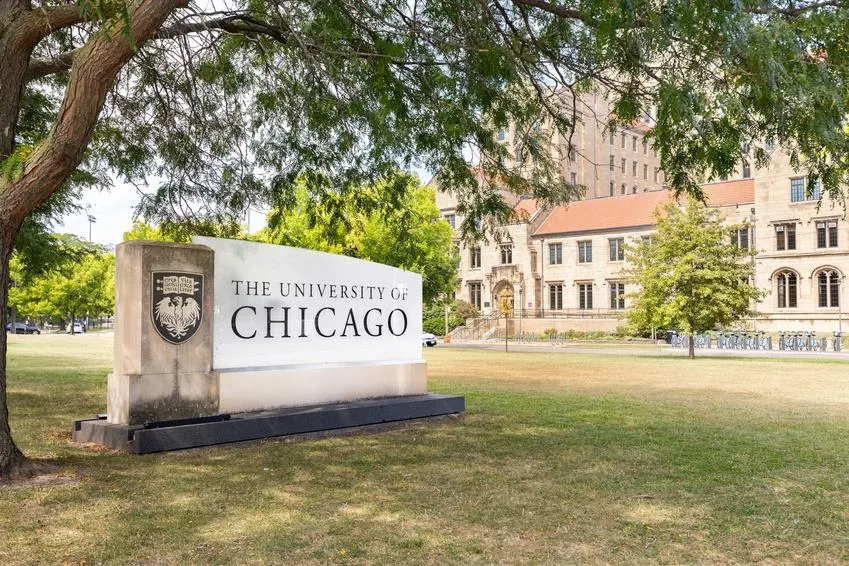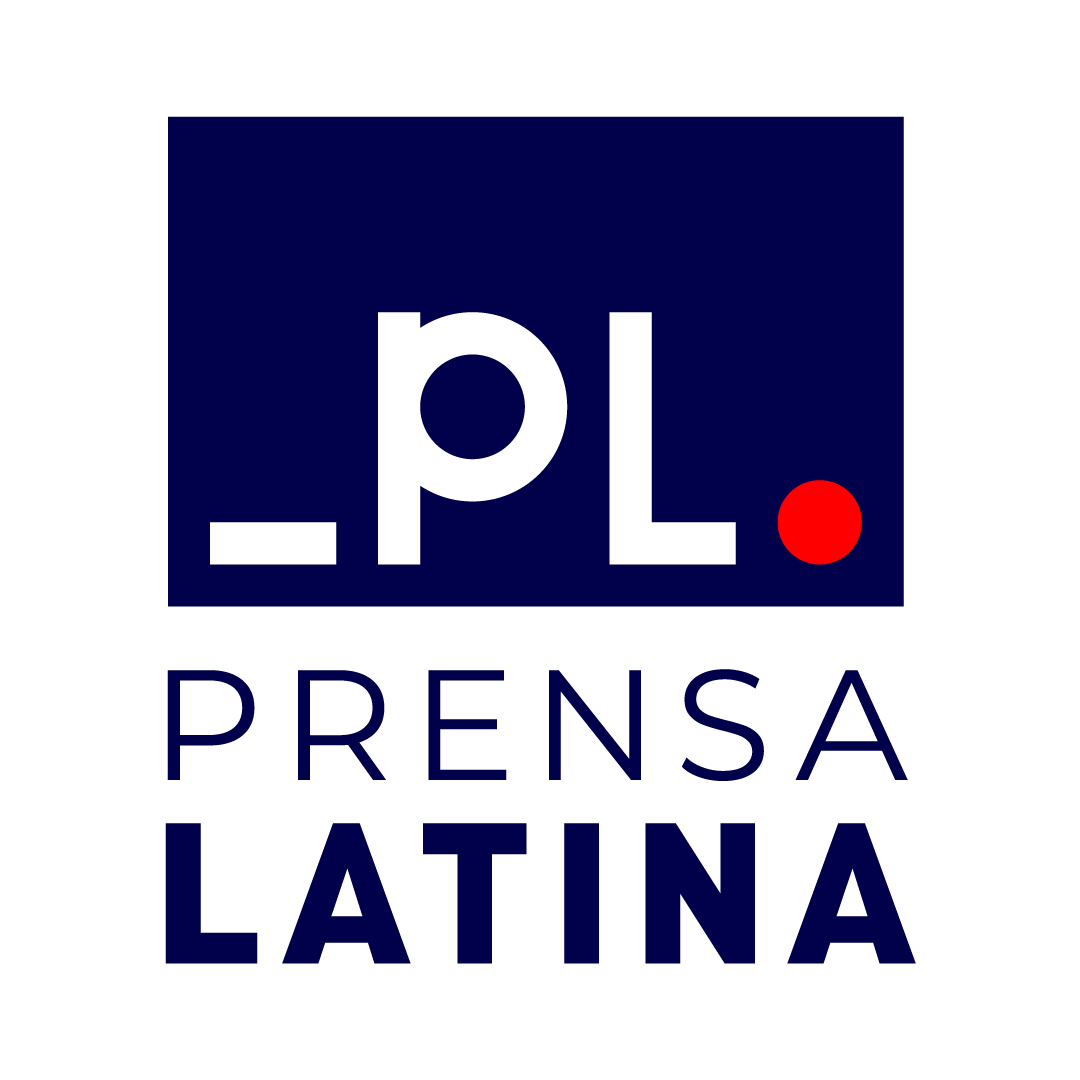By Michael T. Nietzel,Senior Contributor
Copyright forbes

The University of Chicago is selling one of its prized research centers for $375 million as it continues to cope with various financial pressures.
The University of Chicago is selling off one of its most valuable research centers as it attempts to cope with various financial challeneges, including heavy debt. The university has agreed to a sale of its Center for Research in Security Prices (CRSP) to Morningstar, Inc., a leading investment research company in Chicago.
First reported in the press on September 28 by the Financial Times, the transaction — valued at $375 million — was revealed by both the University of Chicago and Morningstar on September 23.
In August, University of Chicago leaders announced that the institution would need to slash its spending by $100 million as it sought to reduce an ongoing deficit that reached $288 million in 2024, and faced a debt load that totals about $6 billion. That news came on the heels of the university’s decision in mid-August to suspend or reduce new admissions in several of its PhD programs in the arts and humanities as well as graduate programs in the Crown Family School of Social Work, Policy, and Practice and the Harris School of Public Policy.
In order to save about $100 million in expenses, the university has also laid off about 400 staff, slowed down faculty hiring, consolidated administrative structures and scaled back its capital construction plans. According to the university’s website, proceeds from the CRSP transaction will provide long-term support for research and education. The deal, which includes an agreement that University of Chicago researchers will continue to have access to CRSP’s data, is expected to close in the fourth quarter of 2025.
What is CRSP?
The Center for Research in Security Prices was founded at the University of Chicago Booth School of Business in 1965 as the first market database, providing valuable information to researchers and investors. It formed when professors James H. Lorie and Lawrence Fisher began collecting data on every transaction of every publicly traded stock. Their data led to the efficient markets hypothesis of Booth professor Eugene Fama, who was awarded a Nobel Prize in 2013 for his insights into how and why the prices of stocks and bonds change over time.
MORE FOR YOU
Over the years, CRSP expanded to provide investible stock indexes. It was reorganized in 2020 into an LLC wholly owned by the University of Chicago to support its growth in providing stock indexes. Today, $3 trillion in fund assets are linked to CRSP Market Indexes, including U.S. equity ETFs run by Vanguard. More than 600 subscribers across 35 countries use CRSP Research Data Products. CRSP generates approximately $55 million in annual revenue.
According to the university, “with a growing share of CRSP’s future opportunities in the commercial investment realm, CRSP’s board and the University agreed that a sale to a major financial services firm would be in the interests of CRSP and UChicago.”
What The Parties Are Saying About The Deal
“A hallmark of economic scholarship at UChicago has been the rigorous use of data to unlock fundamental market insights, for the benefit of scholars as well as investors—and CRSP has made vital contributions to those advances,” said Madhav Rajan, dean of Chicago Booth and chair of CRSP’s Board of Directors, in the university’s announcement. “As researchers continue to build on this body of work, CRSP and Morningstar will embark on a new chapter for data-informed investment.”
“By bringing CRSP’s trusted data validation processes and robust indexing methodologies into our fold, we’re reinforcing our commitment to offering high-quality, data-driven tools that empower investors to make smarter decisions,” added Kunal Kapoor, chief executive officer of Morningstar. “With CRSP’s expertise and our shared focus on delivering exceptional value, we’re excited to create even more opportunities for investors and help them achieve their long-term goals.”
The sale is sure to stir more anxiety about the financial situation at the university. In a message to the faculty in August, University of Chicago President Paul Alivisatos wrote that “despite important progress that all of you worked so hard to contribute to over the last two years, our annual income still falls short of our expenses. That is not something that we can allow to persist.”
In a separate communication, Provost Katherine Baicker claimed that several financial pressures — “including potential federal policy changes that could lead to fewer international students, reduced grant support, reduced Medicaid coverage, increased capital costs, and more—combined with the ongoing need to close our structural deficit” were requiring the university to make the deep cuts.
University officials had warned that the institution would need to reduce its funding of more than 140 existing centers and institutes by at least 20% in the coming years. However, the sale of one its leading research assets will surely draw more scrutiny and cause heightened concerns about the seriousness of the university’s budget difficulties.
Editorial StandardsReprints & Permissions



